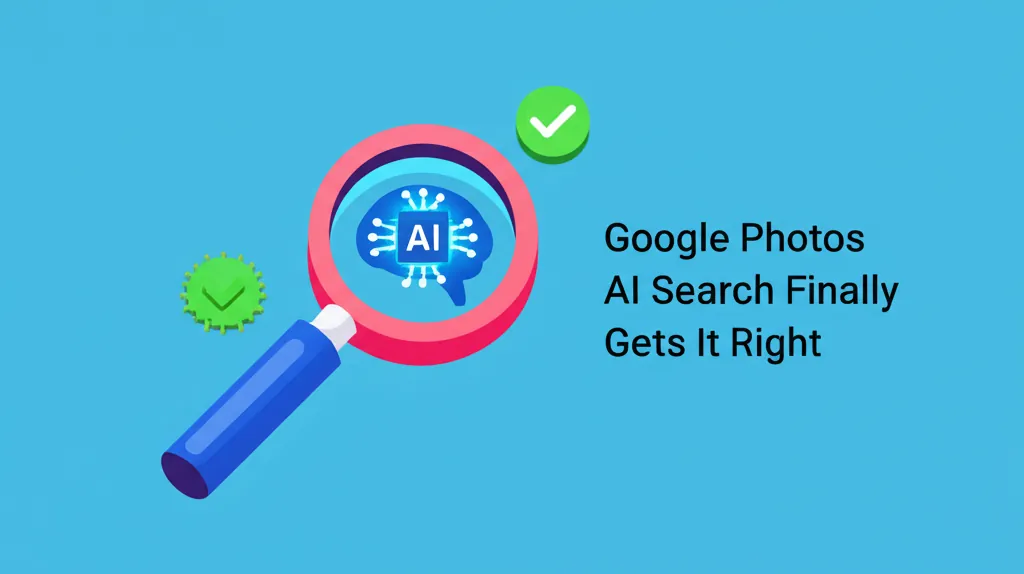Developer Offer
Try ImaginePro API with 50 Free Credits
Build and ship AI-powered visuals with Midjourney, Flux, and more — free credits refresh every month.
Metas New AI Feature Scans Your Private Photos
Facebook, now under the Meta umbrella, is rolling out a new experimental feature that uses artificial intelligence to generate creative suggestions for your Stories. What makes this different is its source material: your phone's entire camera roll, including photos you've never shared on the platform.
What is Metas New AI Photo Feature
The feature becomes visible when you go to create a new Story. You may see a prompt asking you to opt into “cloud processing.” By agreeing, you give Facebook permission to regularly upload images from your device to its servers.
The AI then analyzes these photos using data points like time, location, or objects within the images. Based on this analysis, it can suggest creative content such as collages, AI restylings, recaps, or themed photos for you to share.
The Privacy Catch Behind Cloud Processing
While Meta asserts that these photo suggestions are kept private and are not used for ad targeting, there's a significant condition. Opting in requires you to agree to the company's AI Terms of Service. This agreement grants Meta the right to analyze personal data, including facial features, with its AI. Furthermore, it allows Meta to retain and use this information to personalize the AI-generated content you see.
This feature came to light after some users on platforms like Reddit and Facebook expressed confusion. They reported that Meta’s AI had unexpectedly created anime-style edits of their old, private photos. These users traced the functionality back to a settings page titled “Camera roll sharing suggestions,” which contains toggles for enabling or disabling photo suggestions and cloud processing.
Metas Official Stance and The Bigger Picture
In response to user inquiries, Meta spokesperson Maria Cubeta confirmed that this is a limited test currently running in the U.S. and Canada. She clarified that while your camera roll content is used to improve suggestions, the media will not be used to train Meta’s AI models during this specific trial.
However, this development is part of a larger trend where AI companies are increasingly seeking access to non-public personal content. This shift raises important new questions about transparency, user consent, and the long-term use of our personal data.
As Meta continues to integrate AI more deeply across all its services, it serves as a reminder for all users to carefully review their privacy settings and fully understand the terms and conditions tied to these seemingly convenient features.
Compare Plans & Pricing
Find the plan that matches your workload and unlock full access to ImaginePro.
| Plan | Price | Highlights |
|---|---|---|
| Standard | $8 / month |
|
| Premium | $20 / month |
|
Need custom terms? Talk to us to tailor credits, rate limits, or deployment options.
View All Pricing Details

